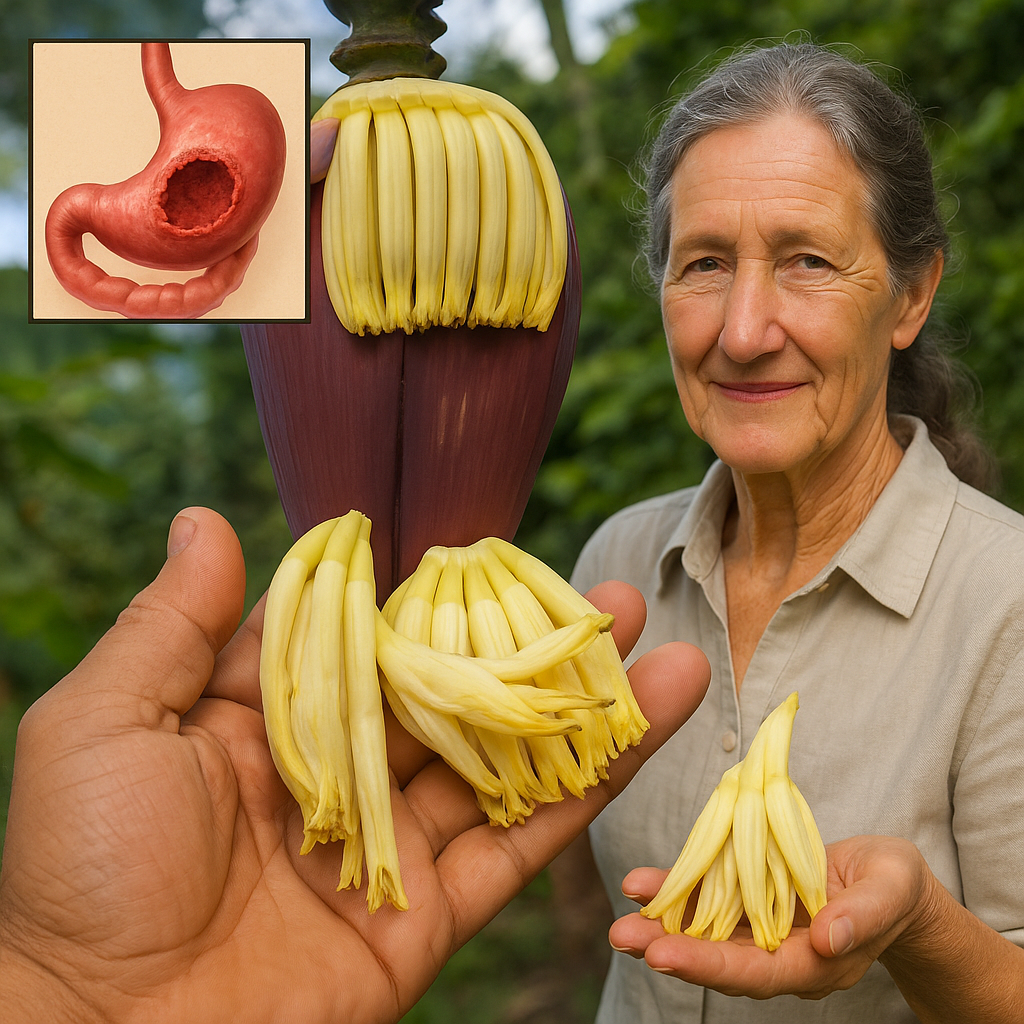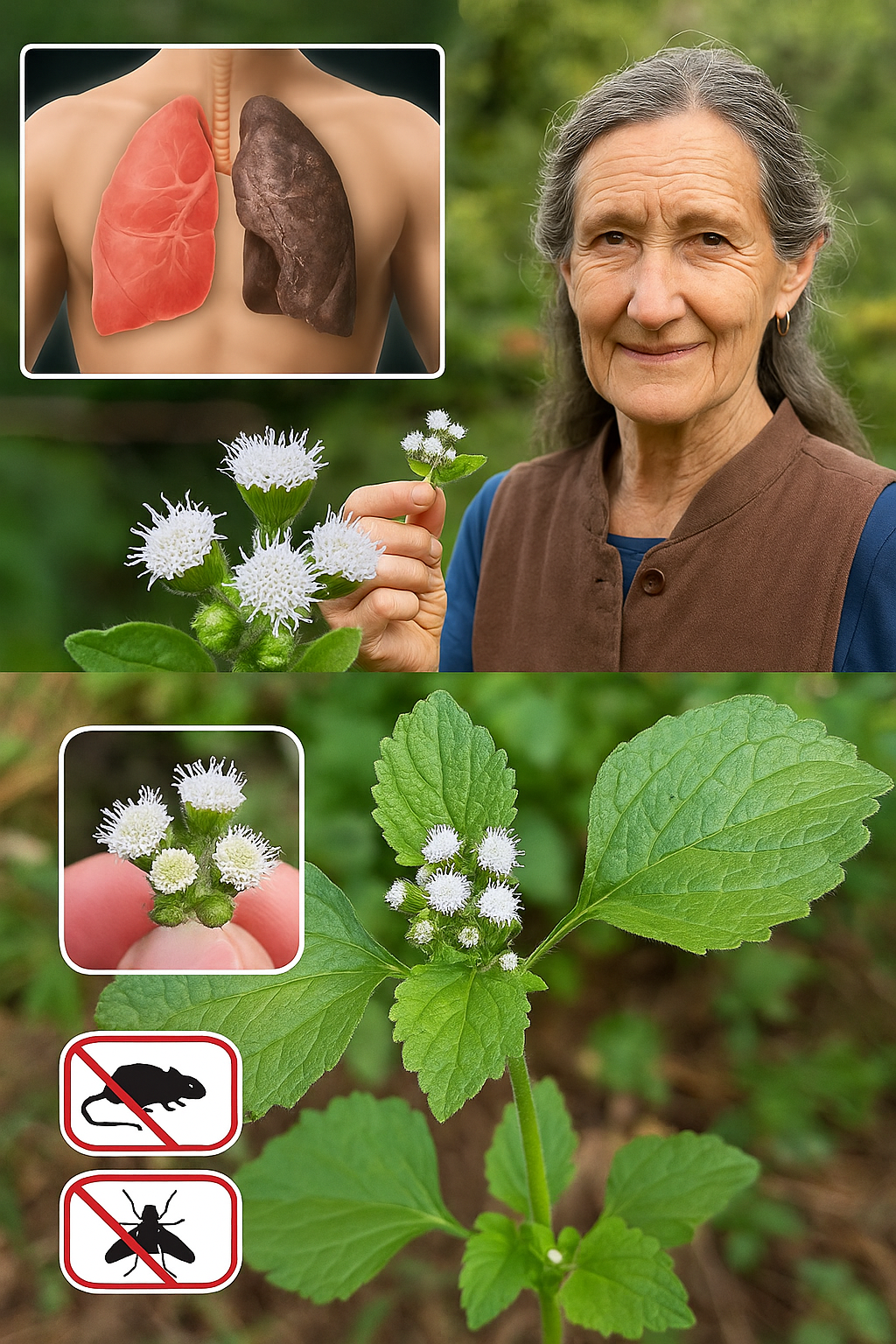They’re pulled from gardens, blown off sidewalks, and often dismissed as pesky weeds. But beneath the surface, dandelions (Taraxacum officinale) hold a powerful secret in their roots—one that herbalists have revered for centuries and modern wellness seekers are just beginning to rediscover.
Far from being just another backyard nuisance, dandelion roots are nutrient-rich, deeply healing, and incredibly versatile. Whether you’re looking to detoxify your liver, ease inflammation, or sip on a bold, caffeine-free brew, the root of this humble flower might just become your next wellness essential.

🌿 Understanding the Dandelion: More Than a Weed
To truly appreciate the role of the root, it helps to understand the full anatomy of the plant:
🌱 Leaves – Packed with vitamins A, C, and K, as well as calcium and potassium, dandelion greens are nutritious and often used in salads, soups, or teas.
🌼 Flowers – Bright yellow blossoms attract pollinators and serve as ingredients in teas, wines, and even skin tonics.
🌿 Stems – The plant’s stems contain a white, milky sap traditionally used to soothe skin irritations.
🟤 Roots – Long, tapering, and earthy, these are the powerhouse of the plant, offering a wide range of health and culinary benefits.
🧬 Why Dandelion Roots Are a Medicinal Marvel
Dandelion roots are filled with bioactive compounds like inulin, sesquiterpene lactones, and polyphenols that contribute to their potent healing abilities. Here’s how they can support your health:
💛 1. Liver Detoxification and Bile Production
For generations, dandelion root has been used to support liver function. It stimulates bile production, helping the liver filter toxins more effectively. This can enhance digestion, promote clearer skin, and reduce sluggishness associated with toxin buildup.
🍽️ 2. Gut Health and Digestive Support
Rich in inulin—a prebiotic fiber—dandelion root feeds beneficial gut bacteria, improving digestion and nutrient absorption. Dandelion root tea is often used to soothe bloating, gas, and mild constipation.
🛡️ 3. Antioxidant Protection
Dandelion roots contain beta-carotene, luteolin, and other powerful antioxidants that help neutralize harmful free radicals. This oxidative stress defense supports everything from cellular health to skin aging prevention.
🔥 4. Natural Inflammation Fighter
The compounds in dandelion root have been shown to reduce markers of inflammation, making it a natural ally in managing conditions like arthritis, joint pain, or chronic inflammation.
🧪 5. Potential Cancer-Supportive Properties
Early studies suggest dandelion root extract may inhibit the growth of certain cancer cells, including those related to colon and breast cancers. While more research is needed, the findings are promising and underscore the root’s powerful bioactivity.
🍲 Culinary Uses: Dandelion Roots in the Kitchen
Beyond its medicinal benefits, dandelion root adds earthy flavor and rich texture to a variety of dishes. It’s not only healing—it’s delicious.
☕ Roasted Dandelion Root “Coffee”
A beloved caffeine-free beverage, roasted dandelion root mimics the flavor of coffee with deep, nutty, slightly bitter notes. It’s a perfect morning drink for those reducing caffeine intake but craving a warm, energizing ritual.
🥄 Root-Based Soups and Stews
Boiled or simmered, the roots enhance broths with their unique umami taste. They pair well with root vegetables, herbs, and legumes in healing soups.

🥗 Cooked Root Salad
Boil the roots until tender, slice thinly, and toss into warm grain bowls or leafy salads. They add both nutrition and a satisfying chew.
🥔 Dandelion Root Chips
Slice the roots, toss with olive oil and herbs, and roast or fry until crispy for a wholesome, crunchy snack alternative.
🫖 Dandelion Root Tea
A soothing herbal infusion made from fresh or dried roots. This digestive tea is perfect after meals or as part of a liver cleanse.
💡 How to Use Dandelion Roots at Home
Harvest from clean, unsprayed areas. Wash thoroughly and dry before use. You can:
– Roast them in the oven to make tea or coffee alternatives.
– Simmer for soups or decoctions.
– Powder them and add to capsules or smoothies.
– Infuse them in vinegar or oil for herbal tinctures and salves.
⚠️ Precautions
While generally safe for most people, dandelion root may cause allergic reactions in individuals sensitive to ragweed or related plants. Consult a healthcare provider if you are on diuretics, blood thinners, or have gallbladder issues.
🌼 The Takeaway: A Treasure Beneath the Soil
Dandelions are so much more than their bright blooms or floating seeds. The root, hidden beneath the surface, is a nutritional powerhouse, a healing tool, and a culinary delight. With its ability to support liver health, fight inflammation, improve digestion, and even act as a coffee alternative, the dandelion root is one of nature’s most underappreciated gifts.
So the next time you see a dandelion in your yard, pause before pulling it out. Beneath the soil lies something far more valuable than you ever expected—a root ready to nourish, heal, and transform your approach to natural wellness.


